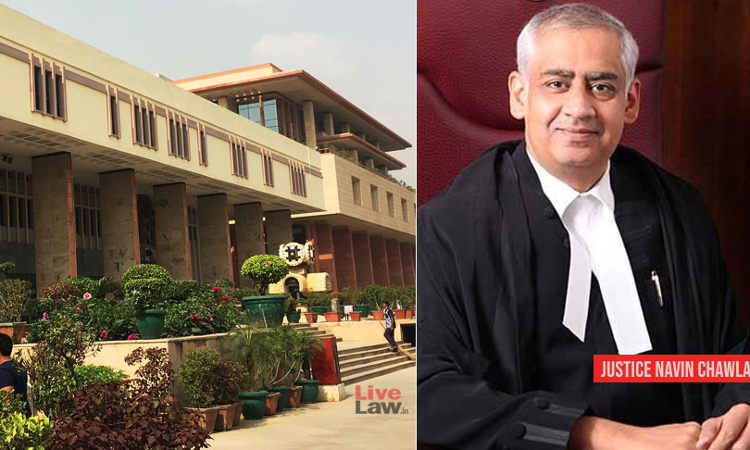Agreement To Explore Conciliation Before Arbitration, Only Directory In Nature: Delhi High Court
Parina Katyal
11 Feb 2023 10:00 AM IST

Next Story
11 Feb 2023 10:00 AM IST
The Delhi High Court has ruled that the agreement between the parties to explore conciliation before resorting to arbitration, is not mandatory in nature. The Court took note that as per Section 77 of the Arbitration and Conciliation Act, 1996 (A&C Act), in cases of urgency, arbitral proceedings can be initiated even when conciliation proceedings are pending for preserving...
